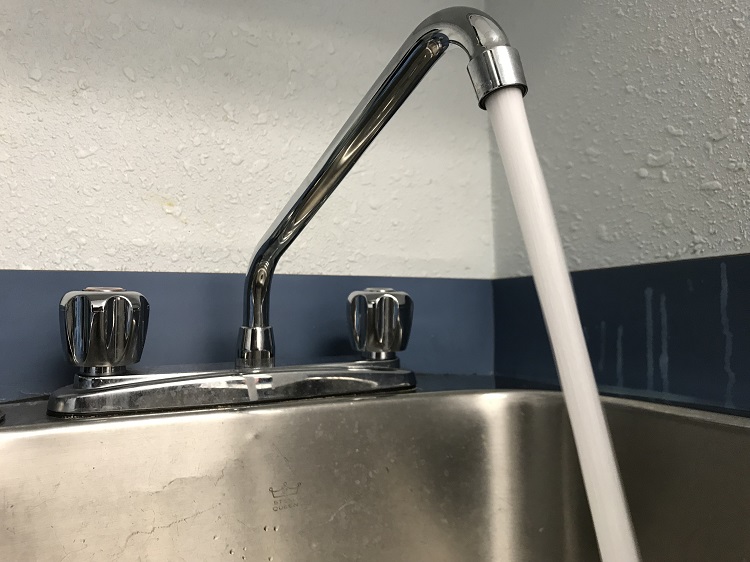Journalism schools from across Canada have helped bring the issue of long term boil water advisories on First Nations back into the public eye.
Last week Clean Water, Broken Promises debuted on broadcast, online and in print publications across the country. The stories published as part of the project focused on First Nations communities that have been living under long term boil water advisories.
Annie Burns-Pieper, managing editor of the Institute for Investigative Journalism at Concordia University in Montreal, which organized the national project, explained university students uncovered some concerning practices.
One of the issues uncovered involved the companies that were being awarded contracts for work not always doing the best quality work.
“What we found was that the federal government was not doing any sort of tracking of the success of these companies and so we found that they continued to award contracts to companies that had problems,” said Burns-Pieper.
Burns-Pieper said along with problematic work some communities reported having to deal with workers who had racist attitudes and were disrespectful to community members.
Students from the University of Regina School of Journalism and students with First Nations University of Canada Indigenous Communications and Fine Arts program were part of the project. They traveled to First Nations in Saskatchewan that have dealt with water issues. These communities included James Smith Cree Nation, Cowessess First Nation and Nekaneet First Nation.
One of the issues Saskatchewan students came across was that those working at water treatment plants on First Nations were underpaid compared to counterparts working for municipalities and also didn’t have relief which would allow them to take time off.
Burns-Pieper explained these problems were discovered across the country after journalism students sent surveys to water treatment operators.
“That [poor pay] was another major finding of that survey and the work that the students did,” she said.
Burns-Pieper said the overall goal of the project was to see how effective the federal government has been after pledging and spending billions of dollars to deal with many First Nations not having access to drinking water.
“The way in which that money has been spent has not always served First Nations,” she said.
